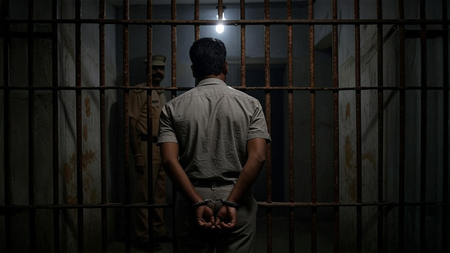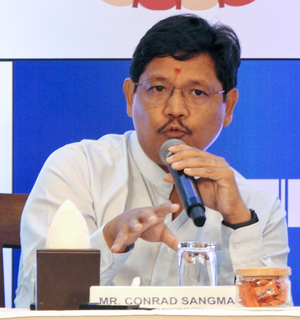
New Delhi, Dec 2 (IANS) The Supreme Court on Monday called for an affidavit from the Election Commission of India (ECI) on its move to increase the number of electors per polling station from 1,200 to 1,500.
A bench, headed by CJI Sanjiv Khanna, said that the poll body should file within three weeks a short affidavit explaining the rationale behind taking such a step.
The Bench, also comprising Justice Sanjay Kumar, remarked that no voter coming to a polling station for the exercise of the franchise should be troubled.
“File a short affidavit explaining the position, we are concerned that no voter should be troubled,” it said.
The public interest litigation (PIL) filed before the apex court challenged the “irrational, unreasonable, and manifestly arbitrary” decision of the ECI which would result in exclusion in voting, particularly of the underprivileged daily wagers who have to report to work.
“The writ petition seeks to safeguard the essential interests of the ‘Principle of Democracy’, the principles that elections must not only be free and fair but also be seen to be free and fair and on the principles of equal participation of electors in the election process,” it said.
The plea added that the impact of the impugned decision is likely to be more pronounced in rural areas where transportation facilities are often inadequate and increased travel time to reach the polling station, coupled with the likelihood of longer queues, could discourage many rural voters from participating in the electoral process.
It said that the practice of increasing the upper limit per polling station is nothing but “voter disenfranchisement”, or the systematic exclusion of certain groups of people from the electoral process, thereby undermining the principles of fair and free elections, having a disparate impact on marginalised communities and low-income groups, particularly daily wagers, rickshaw pullers, maids, drivers, vendors, etc. for whom long waiting hours result in deprivation of wages.
“By setting a higher limit, the authorities have inadvertently created barriers to voting, especially for those who may have limited flexibility in their schedules or face physical constraints. (T)hus, simply by increasing the number of electors per polling station (rather than increasing polling stations or having more EVMs), the electors can be disenfranchised,” contended the petition.
–IANS
pds/vd




